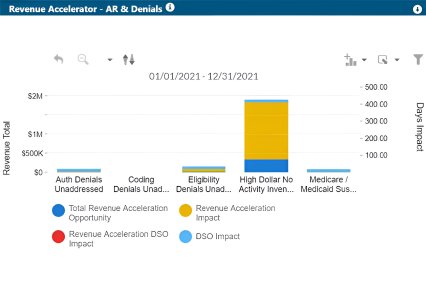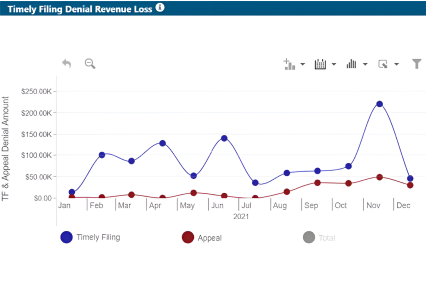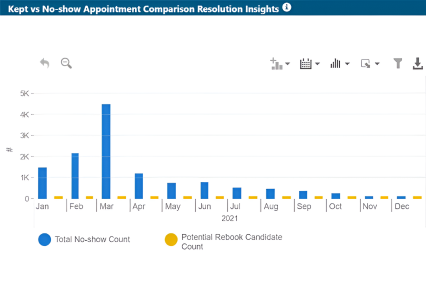
by Gautam Char
Now, more than ever, healthcare providers face declining revenues and an unrelenting pressure to improve the revenue cycle management (RCM) process. Many obstacles make that increasingly frustrating and difficult.
RCM professionals are responsible for an exponentially growing number of changes over the past three years, according to the latest survey by the National Association of Healthcare Revenue Integrity (NAHRI). This is making routine functions like investigations into revenue more difficult to complete.
Other problems cited in the NAHRI survey include staffing challenges, aggravated by the Covid pandemic. Healthcare organizations are having trouble finding and keeping skilled coders and billing professionals. Many have been lost to burnout or to other industries. Turnover in RCM leadership is also wreaking havoc.
Healthcare organizations are now launching RCM initiatives that were kept on hold during the pandemic, and these are taxing billing teams, the survey says. It’s impossible to keep up with all the changes in payer policies. RCM teams say they desperately need more flexibility to do their job. They are drowning in manual work trying to capture charges or resolve edits.
Under this seemingly insurmountable host of obstacles, revenue cycle managers are turning to artificial intelligence (AI), capable of “ever learning.” Smart use of ever learning technology in the healthcare revenue cycle is changing everything.
Machine learning is a subfield of AI that gives computers the ability to learn without explicitly being programmed, according to the MIT Sloan School of Management.
In healthcare, this ever learning (or machine learning) is the key to physician practices and other healthcare organizations moving from retrospective to prospective management. It is the difference between chasing lost revenue and preventing its loss in the first place—and ultimately maximizing revenue.

American Health Information Management Association says AI can benefit RCM.
A good AI platform can help healthcare organizations by providing deep insights that can help maintain optimal performance, enhance patient experience, and transform business operations and the bottom line.
In addition, AI technology is gaining popularity as a solution to combat staff burnout and cut operational costs in healthcare, says a CBInsights research brief. “AI can help optimize backend systems,” the brief says. “Administrative workflows, such as filing claims or medical coding, are one of the leading costs for healthcare systems and causes of burnout.”
WhiteSpace Health offers AI-powered solutions that can detect, predict, and resolve RCM issues. Our robust business intelligence (SaaS) solution combines advanced technology, including ever learning, predictive analytics, data services, and a health data warehouse.
Most healthcare data is stored in departmental silos, making it hard to create dashboards that support the entire organization with high-value activities, such as strategic planning, daily performance monitoring, and decision making. WhiteSpace Health’s solutions changes this by delivering actionable insights and ongoing surveillance of operational performance to inform your business decisions and support the work you do.


The WhiteSpace platform provides digital consulting that can pinpoint ways to stop revenue leakage and accelerate payments through opportunities the AI discovers in your organization’s structured and text data.
The recommendations WhiteSpace provides through its RevIntel solution are unique to your RCM process and aim toward discovering what humans cannot see. Our AI solution is ever learning about your business on a day-to-day basis, allowing us to prescribe fresh and specific ways to fix your revenue problems.
The bottom line is this: we equip you to make intelligent, timely business decisions using AI. Our ever-learning capability becomes your hardworking team player.
Though it seems like science fiction-come-true, AI in the revenue cycle not only expands what humans are capable of discovering about the workflow, but it frees them up to focus more energy on problems that only a human can solve. This combo of human ingenuity mixed with technology-driven insight can help you do more than you can imagine.
Call today to learn more about what WhiteSpace Health’s AI can do for your revenue cycle.

Muthu Krishnan is the Chief Technology Officer at WhiteSpace Health. Muthu is known for helping early and mid-stage companies embrace agile methodology that rapidly brings products to market to successfully solve customer problems.
Contact: muthu.krishnan@whitespacehealth.com

2424 North Federal Highway, Suite 205
Boca Raton, FL 33431